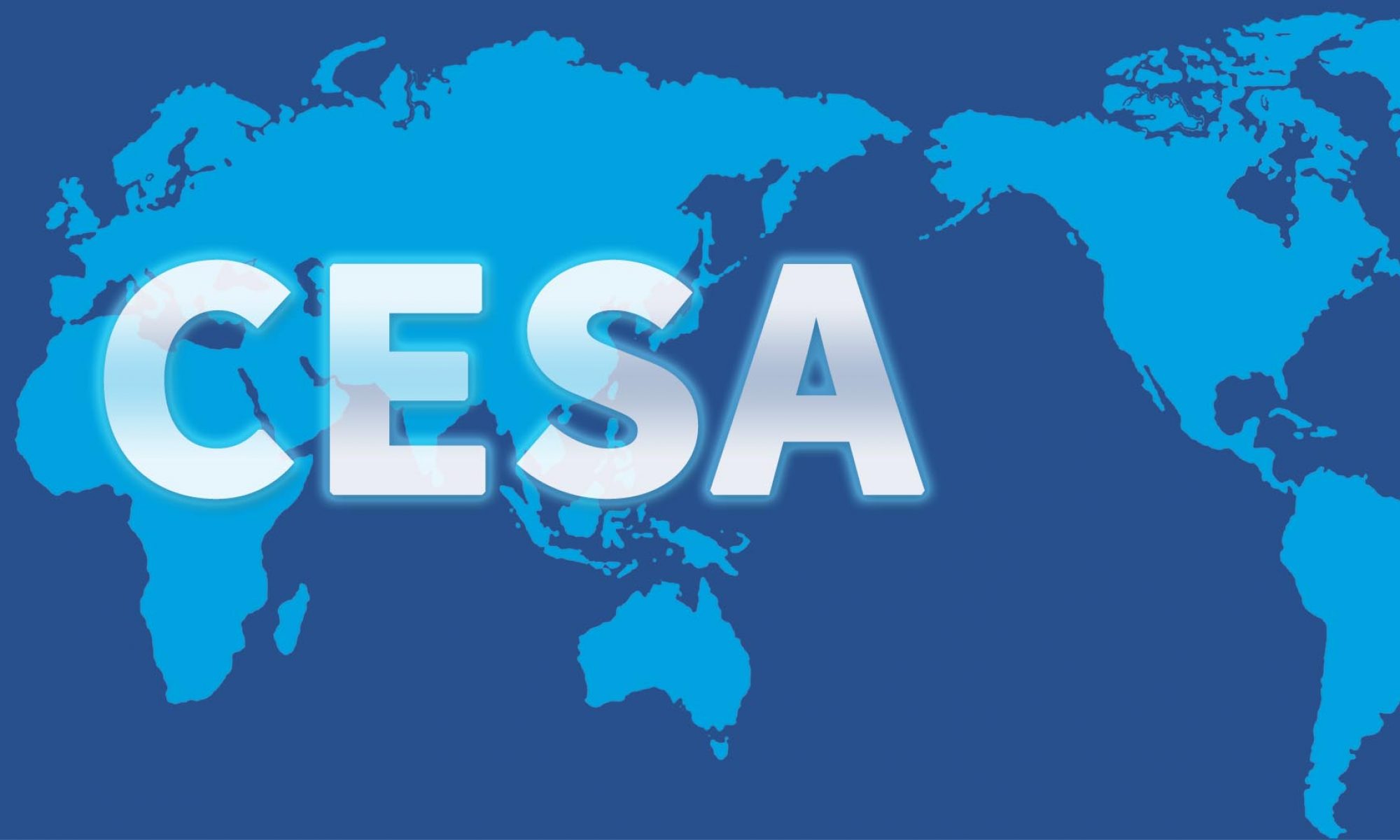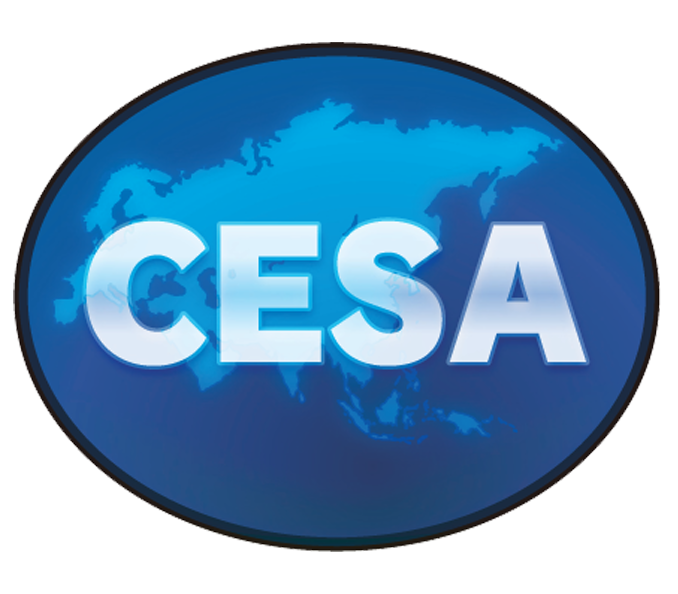Constitution of the Comparative Education Society of Asia (August 2014)
Goals of the Society:
- The goals of the Society are as follows:
- To promote exchange and cooperation in comparative education research in Asia.
- To promote exchange and cooperation in the teaching of comparative education in Asia.
- To promote mutual understanding and friendship among educationalists in Asia.
- To enhance international dialogue and exchange among scholars interested in education in Asia.
Members:
-
- There are two categories of CESA membership:
- Ordinary members (this includes all individual members who pay the regular subscription fees set by the Board – whether at the full rate or the discounted rate for full-time students).
- Institutional members (universities or other educational or research institutions may apply to register as institutional members of CESA, on payment of a fee set by the Board; this entitles them to send two people from their institution to the biennial conference at the discounted rate for CESA members)
- Members are entitled to:
- register at a discounted rate for CESA’s biennial conference and the triennial congress of the WCCES
- request the advice or support of CESA (through the Secretariat) for activities (workshops, symposia, etc.) consistent with the Society’s goals.
- subscribe at a discounted rate to any journals associated with CESA
- apply to enroll in any workshops, courses or other events that CESA may organize for its members.
- attend the biennial general meeting
Activities
- In pursuance of the goals listed above, CESA will:
- hold biennial conferences (see below);
- maintain a regularly-updated website;
- arrange other activities congruent with the aims of the Society.
Officials of the Society:
- Each official will be elected for an initial period of two years, and will be eligible for reappointment (though the post of President is subject to term limitations – see below).
- The CESA Board
- The Society is governed by a Board consisting of one representative from each Asian country or region.1
- A Nomination Committee, consisting of the President, Secretary General and three current Board members, identifies new candidates for Board membership. All nominees must be ratified by the entire Board (by a simple majority) before being confirmed in post.
- There will only be one Board member (other than President, Past President, Vice-President and Secretary General) from any single country or region.
- The duties of Board members include:
- electing the President, Vice President and Secretary General of CESA;*
- reviewing CESA’s audited accounts;
- deciding the location of the CESA conference;
- promoting the society within their own country/region and internationally;
- The Board meets every two years on the occasion of the CESA conference. Matters requiring the attention of Board members at other times will be dealt with by email, fax, etc.
- A quorum of one half of Board members is required for the decisions of Board meetings to be valid.
- In addition to ordinary members (country/region representatives), the Board includes:
- The CESA President (elected for a term of two years, renewable for one further term);*
- A Vice-President (elected by the Board from among CESA members of the country or region hosting the next conference);*
- The Past President (the former President immediately preceding the current incumbent);
- The duties of the President include:
- Serving as CESA’s representative on the WCCES Executive Committee
- Promoting CESA within his/her home country, across Asia and internationally, in collaboration with the CESA Secretariat;
- Serving as the key link between the CESA Board and the Secretariat (during the period between CESA conferences).
- The CESA Secretary General is elected by the Board,* and holds office for a period of four years (when he/she can be reappointed). The Secretary General sits as an ex officio member of the Board.
- *Candidates for the offices of President, Vice-President and Secretary General should be nominated by at least two CESA Board members. In the case of a tied vote, it will be repeated until there is an outcome.
- The CESA Secretariat:
- The CESA Secretariat administers the society’s day-to-day business, in compliance with decisions of the CESA Board. It is managed by the Secretary General, and is based in his or her home institution. The functions of the Secretariat include:
- compiling and updating CESA membership lists, collecting membership fees, and managing membership renewals;
- keeping the Society’s financial accounts;
- managing the CESA website
- liaising with the hosts of the CESA conference to ensure the smooth running of that event, and to assist in publicizing and promoting it;
- supporting, as far as possible, other activities consistent with the Society’s aims;
- preparing a report on CESA’s activities over the preceding two-year period, or the period since the previous Board meeting, to be sent to all Board members no later than one month before their biennial meeting (to include a full account of income and expenditure over this period).
- The Secretary General will be supported in fulfilling these functions by an Assistant Secretary General (ASG) based at his/her home institution, who will be primarily responsible for membership matters, website management, keeping financial accounts).
- With the approval of the Board, the Secretary General may appoint further ASGs to assist in the running of the society (for example, to
- help with preparations for the biennial conference). ASGs are accountable to the Secretary General.
- ASGs may be invited to attend CESA Board meetings, but they are not Board members, and have no voting rights on the Board.
- The CESA Secretariat administers the society’s day-to-day business, in compliance with decisions of the CESA Board. It is managed by the Secretary General, and is based in his or her home institution. The functions of the Secretariat include:
The Biennial Conference
- CESA conferences are held every two years.
- Institutions wishing to apply to hold the next CESA conference should submit a proposal to the Secretary General no later than one month before the date of the Board meeting.
- A representative of each prospective host institution should attend the CESA Board meeting (held on the day preceding the biennial conference) to present his or her institutional proposal.
- The primary responsibility for organizing the conference rests with the host institution, but the choice of conference theme is subject to approval by the Board (which may suggest revisions to ensure that the theme is sufficiently inclusive and consistent with the aims of CESA).
- Board members should fund their own attendance at the conference.
- CESA will receive 15% of the registration fees for the biennial conference.
Biennial General Meeting of CESA Members:
- In conjunction with the biennial conference, a general meeting of CESA members will be convened. At this meeting, the Board will report to the assembled members on the progress of the society over the preceding two years, plans for the next conference, key changes in personnel (e.g. President, Secretary General), and other matters. The meeting will feature a question-and-answer session.
Revisions to this Constitution:
- Revisions to this constitution may be proposed by Board members up to one month prior to the biennial Board meeting, but will only be tabled for discussion if seconded by a further five Board members. Amendments will take effect only if approved by two thirds of the full Board at its biennial meeting. Amendments approved by the Board will be subjected to a vote of CESA members attending the biennial general meeting, with a simple majority required for ratification.
1This phrase encompasses Hong Kong, Macau and Taiwan. If disputes arise over the definition of ‘Asia’ or ‘Asian’, the Board will adjudicate and its decision will be final.


